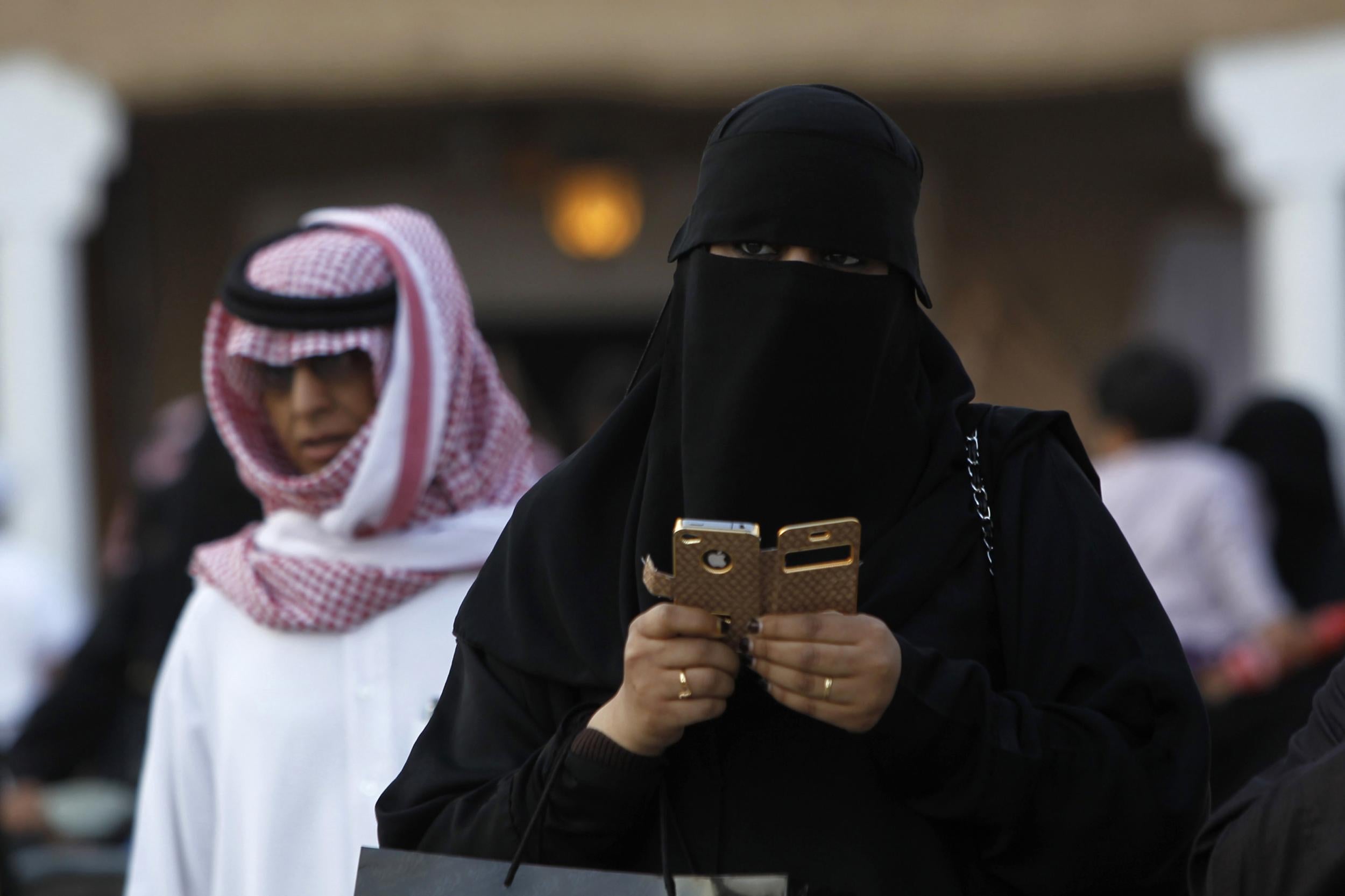Saudi Arabia makes spying on spouse's phone illegal
New anti-cybercrime law designed to ‘protect morals of individuals and society’ could see offenders sentenced to 12 months in prison

Saudi Arabia has announced that spying on your partner’s mobile phone is a criminal offence as part of a wide-ranging new law designed to tackle cybercrime.
“Married individuals planning to spy on their spouse in Saudi Arabia will need to think twice, because such an activity could potentially attract a fine of 500,000 riyals (£95,000) along with a prison term for a year,” an English-language statement released this week by the Saudi Centre for International Communications said.
The conservative Kingdom, where almost 70 per cent of the population is under 30 years of age, is among the world’s top per capita users of mobile phone apps and social media.
The new law is designed to protect citizens from blackmail, embezzlement and defamation, as well as to “protect morals of individuals and society and protect privacy”, the statement said.
Human rights groups have constantly criticised Saudi Arabia’s record on freedom of speech and expression. A 2014 anti-dissent law made any act that “undermines” the state a potential act of terrorism, including calls for regime change made on social media.
The law also granted the security services sweeping powers to track phone calls and internet usage.
Saudi Arabia's new law would make political dissent a crime
Show all 2Last year, the government called on normal Saudis to begin reporting suspicious social media activity to the authorities.
Saudi Arabia’s King Salman, at the behest of his son, Crown Prince Mohammed bin Salman, has issued a raft of royal decrees in recent months designed to liberalise some of the Islamic kingdom’s conservative laws.
The most high-profile announcements include allowing women to drive from June, and curbing the powers of Saudi Arabia’s notorious religious police.
Forced to reckon with a global drop in oil prices, vast economic and social reforms are part of Saudi Arabia’s Vision 2030, the Kingdom’s long-term blueprint for weaning the country off economic dependence on oil.
Subscribe to Independent Premium to bookmark this article
Want to bookmark your favourite articles and stories to read or reference later? Start your Independent Premium subscription today.

Join our commenting forum
Join thought-provoking conversations, follow other Independent readers and see their replies